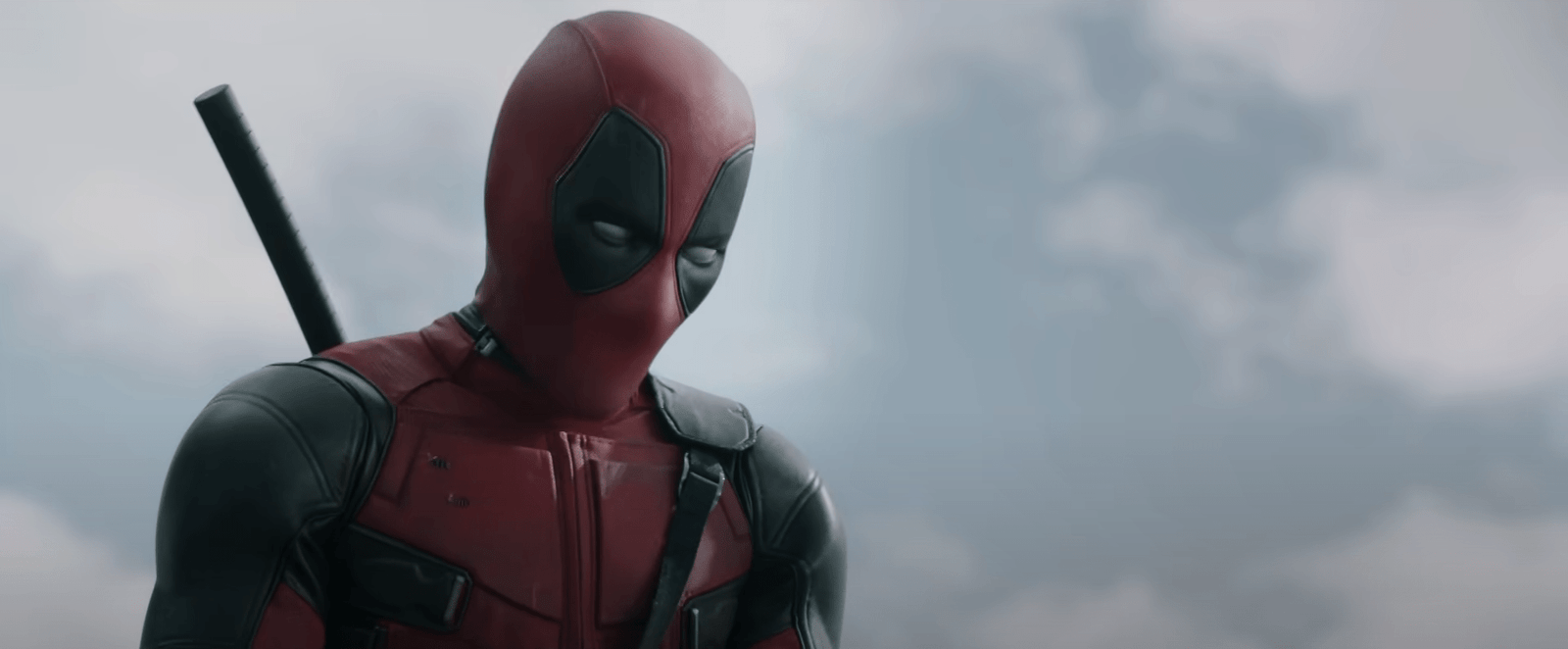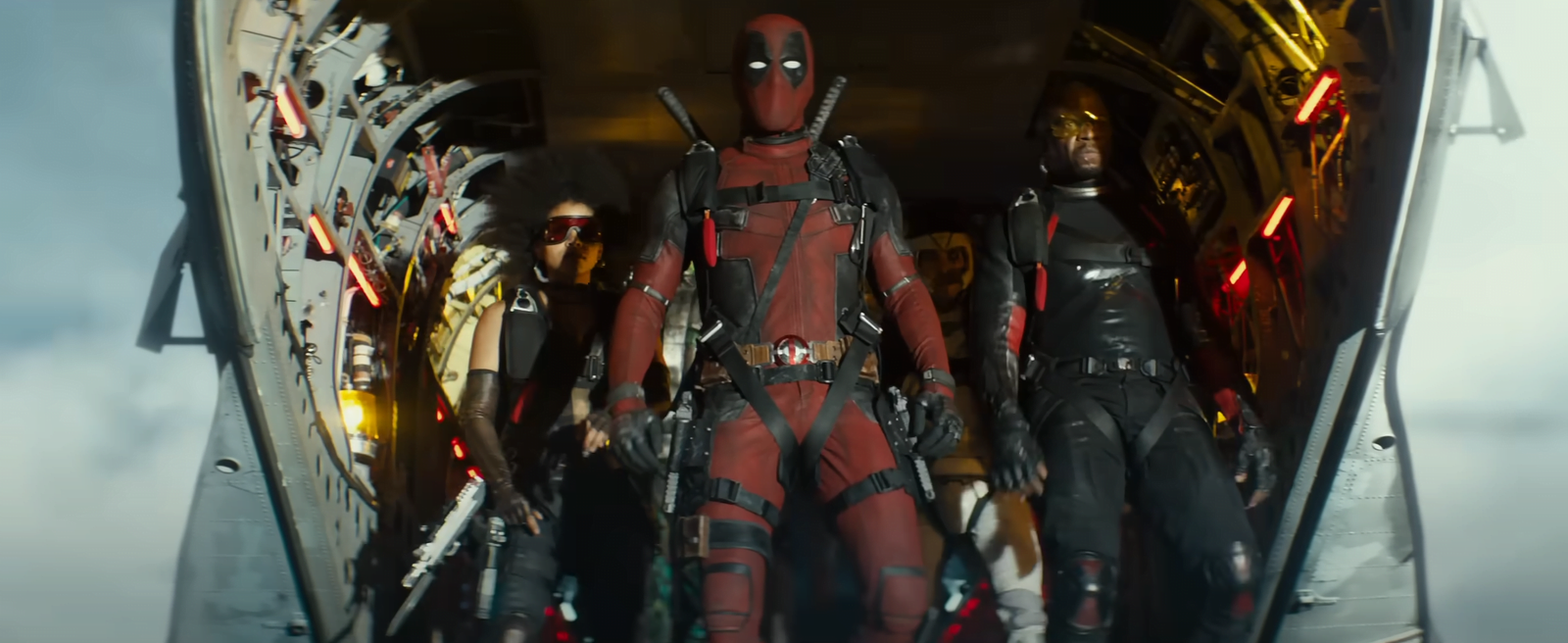X-Men Origins: Wolverine

X-Men Origins: Wolverine, released in 2009, is a pivotal entry in the expansive X-Men film Franchise, serving as a prequel that delves into the backstory of one of the series’ most beloved characters, Wolverine, portrayed by Hugh Jackman. X-Men Origins: Wolverine was also the first appearance of Deadpool! The narrative takes viewers through the early life of James Howlett, later known as Logan, from his traumatic childhood in the 19th century, through his years fighting alongside his half-brother Sabretooth, to his involvement in the Weapon X program.
The film begins with young James discovering his mutant powers when bone claws emerge from his hands after witnessing his father’s murder. This revelation sets him on a journey where he grapples with his feral instincts and complex family dynamics. Logan and Victor are depicted as near-immortal warriors, fighting in various wars over the decades, showing their unbreakable bond and shared adversities.
The turning point in Logan’s life comes when he and Victor are recruited by Major William Stryker for a covert military unit composed of other mutants. Disillusioned by the team’s brutal methods, Logan eventually leaves, seeking a quiet life in the Canadian Rockies with his girlfriend, Kayla Silverfox. However, his past catches up with him when Victor, feeling betrayed, seemingly kills Kayla, prompting Logan to seek revenge.
To better fight his brother, Logan agrees to undergo an experimental procedure conducted by Stryker, which bonds the indestructible metal adamantium to his skeleton, turning him into the ultimate weapon. It is after this procedure that Logan takes the name Wolverine. However, he soon discovers Stryker’s true intentions of manipulating mutants for his own gain, including the creation of a super-powered mutant named Deadpool, played by Ryan Reynolds. The narrative culminates in a climactic battle at an island laboratory, where Logan confronts both Stryker and Deadpool, ultimately opting to erase his painful memories to cope with the loss and betrayal he has endured.
X-Men Origins: Wolverine received a mixed reception from critics and audiences alike. On one hand, Hugh Jackman’s performance as Wolverine remained a highlight, praised for its depth and intensity. The film’s action sequences and special effects, particularly the depiction of Wolverine’s adamantium claws, were also well-received. Additionally, Liev Schreiber’s portrayal of Victor Creed was noted for its menacing presence and emotional complexity.
However, the movie faced significant criticism on several fronts. The narrative was viewed by many as convoluted, with an over-reliance on subplots and characters that were not fully fleshed out. The portrayal of Deadpool, in particular, received backlash from fans, as it deviated significantly from the character’s comic book origins, stripping him of his signature wisecracks and giving him an overpowered yet mute form.
Compared to previous entries in the X-Men series, such as X-Men, X2, and X-Men: The Last Stand, X-Men Origins: Wolverine was seen as a step down in terms of storytelling cohesion and character development. The earlier films had focused on ensemble casts and broader themes of discrimination and identity, which resonated more strongly with audiences. They were credited with revitalizing the superhero genre and were commercially successful, contributing to the burgeoning popularity of superhero films in the 2000s.
Despite its mixed reviews, X-Men Origins: Wolverine was a commercial success, earning over $373 million worldwide, indicating the enduring appeal of the character and the franchise. The film’s release also showcased the potential for exploring individual backstories within the X-Men universe, paving the way for future spin-offs and prequels. The movie’s legacy is a blend of admiration for Jackman’s iconic portrayal and disappointment with its narrative execution, yet it remains an integral chapter in the ongoing saga of Marvel’s mutants.
Deadpool

Deadpool from 2016 stands as a significant milestone in the history of its intellectual property, transforming the landscape of superhero movies with its irreverent humor, ultraviolent action, and unique storytelling approach. The movie follows Wade Wilson, a former Special Forces operative turned mercenary, who undergoes an experimental treatment after being diagnosed with terminal cancer. The treatment, conducted by a secretive organization, aims to give him superhuman healing abilities but instead leaves him severely disfigured. Adopting the moniker Deadpool, Wade embarks on a relentless quest for revenge against the man responsible for his transformation, Ajax, while attempting to reunite with his lost love, Vanessa.
The story begins with a chaotic and humorous car chase, immediately showcasing Deadpool’s trademark blend of action and comedy. Through a series of non-linear flashbacks, we see Wade’s life before the transformation, his relationship with Vanessa, and the moments leading up to his tortured rebirth as Deadpool. The film’s structure allows for a deeper emotional connection to Wade’s plight, juxtaposing heart-wrenching moments with laugh-out-loud comedy.
One of the notable strengths of Deadpool is its commitment to breaking the fourth wall, a hallmark of the character in the comics. Deadpool frequently addresses the audience directly, offering witty commentary on superhero tropes, pop culture, and even his own film. This self-awareness is executed brilliantly, making the audience feel like they’re in on the joke, which adds a unique layer of engagement to the movie.
The film’s R-rating also sets it apart from other entries in the superhero genre. Unlike the sanitized violence and family-friendly humor of many Marvel films, Deadpool revels in its graphic violence, crude jokes, and adult themes. This creative freedom allows the character to stay true to his comic book roots, attracting fans who had been waiting for a more authentic big-screen adaptation.
However, Deadpool is not without its flaws. Some critics argue that its reliance on crude humor and shock value can feel gratuitous at times, detracting from the story’s emotional weight. Additionally, while the film’s antagonist, Ajax, serves as a suitable foil to Deadpool, he lacks the depth and complexity often seen in the best cinematic villains. This leaves some viewers desiring more from the conflict at the heart of the narrative.
Despite these criticisms, Deadpool was a resounding success both critically and commercially. It grossed over $780 million worldwide against a relatively modest budget, establishing itself as a blockbuster hit. Audiences and critics alike praised Ryan Reynolds’ performance, his passion for the character clearly evident in every scene. The film’s innovative approach and alignment with the source material earned it a dedicated fanbase, making it a standout in the superhero genre.
Previously, Deadpool appeared in X-Men Origins: Wolverine (2009), which was widely panned for its portrayal of the character. In that film, Deadpool’s depiction strayed significantly from the source material, stripping him of his personality and iconic humor. The response was overwhelmingly negative, with fans and critics criticizing the creative liberties taken with his character. Deadpool served as a redemption, rectifying the missteps of its predecessor by presenting a more faithful and engaging adaptation.
In summary, Deadpool breathed new life into its intellectual property, blending humor, action, and heartfelt storytelling in a way that resonated with audiences. Its success demonstrated that there was a market for R-rated superhero films and paved the way for future projects to explore more mature themes. Deadpool’s journey from a poorly-received cameo to a beloved cinematic icon is a testament to the power of staying true to the essence of a character, and knowing when to take creative risks.
Deadpool 2

Deadpool 2, released in 2018, is a notable entry in the superhero genre, standing out for its irreverent humor, meta-commentary, and over-the-top action. Directed by David Leitch, it follows the adventures of Wade Wilson, a.k.a. Deadpool, as he forms a new sense of family and kinship while combating new threats.
The story kicks off with a personally devastating event for Deadpool, which sets him on a self-destructive path. Wade Wilson’s life takes an unexpected turn when he encounters Russell Collins, a young mutant with pyrokinetic abilities, who is being hunted by the time-traveling soldier Cable, played by Josh Brolin. Cable’s mission is to terminate the young Russell before he grows up to become a mass murderer who has taken Cable’s family from him.
In an attempt to save Russell, Deadpool gathers an eclectic team of mutants he dubs the X-Force, which includes characters such as the lucky Domino, played by Zazie Beetz. What follows is a series of chaotic and hilariously violent confrontations, as Deadpool tries to prevent Russell from turning to a dark path, while also attempting to stop Cable. Ultimately, Deadpool’s journey is one of self-discovery and redemption, wrapped up in the character’s trademark humor and fourth-wall-breaking quips.
One of the strengths of Deadpool 2 lies in its blend of humor and heart. The film masterfully balances outrageous, often crass humor with a surprisingly emotional narrative. Ryan Reynolds returns with a performance that has solidified Deadpool as one of his defining roles. The film continues the tradition of breaking the fourth wall, allowing Deadpool to interact with the audience and comment on the very movie he’s in, which creates a unique viewing experience that sets it apart from other superhero films.
Additionally, the ensemble cast brings a freshness to the story. Josh Brolin’s Cable is a stoic and intense contrast to Reynolds’ Deadpool, providing both a formidable opponent and an eventual ally. The introduction of characters like Domino, whose luck-based powers lead to visually inventive action sequences, adds a new dynamic to the film.
However, Deadpool 2 is not without its criticisms. While the humor is a hallmark of the franchise, some felt that certain jokes and gags were overused or too referential, potentially alienating casual viewers who are not as steeped in comic book lore or pop culture. The film’s pacing, too, came under scrutiny, with some sequences feeling more like a string of set-pieces rather than a cohesive narrative whole.
In comparison to its predecessor, Deadpool, Deadpool 2 amplifies both the action and the emotional stakes. The first film was an origin story, introducing Wade Wilson and his transformation into Deadpool, but its sequel delves deeper into his psyche and expands the universe significantly. The original was groundbreaking for its R-rated approach, blending graphic violence with sharp humor, and it achieved critical and commercial success, grossing over $780 million worldwide. Deadpool 2 aimed to build on this foundation, enhancing the ensemble cast and the complexity of the storyline, which some fans believe it accomplished successfully.















